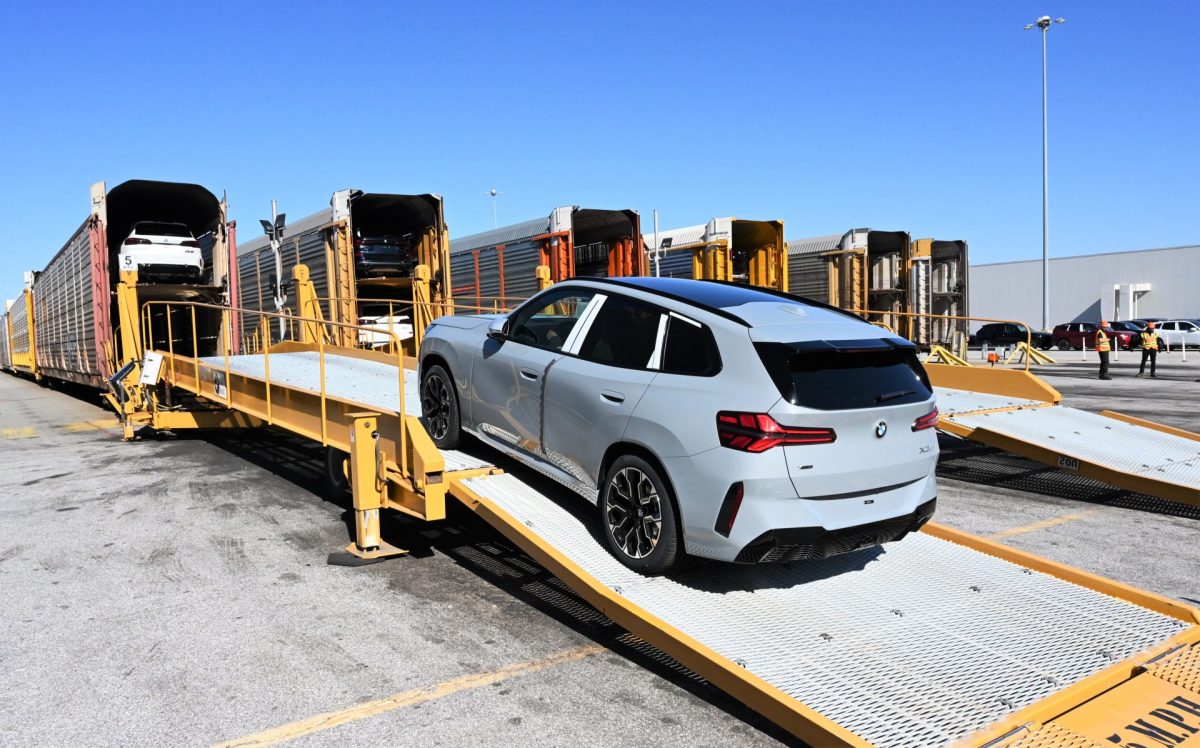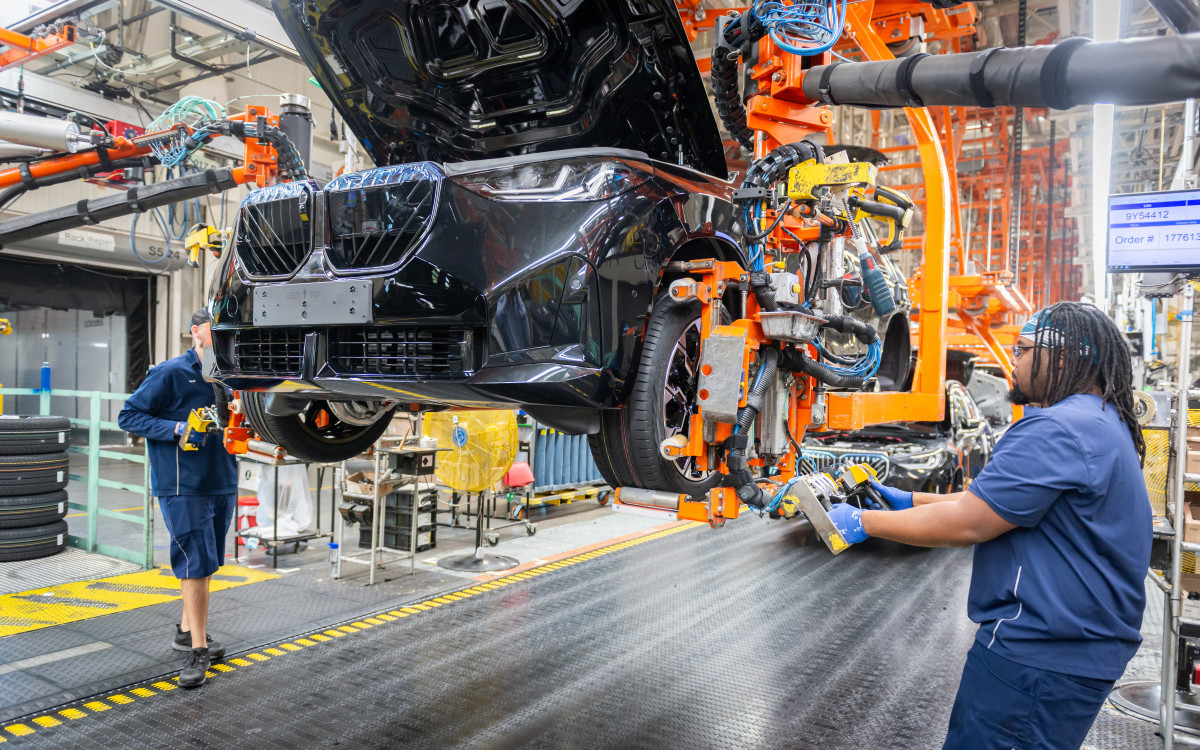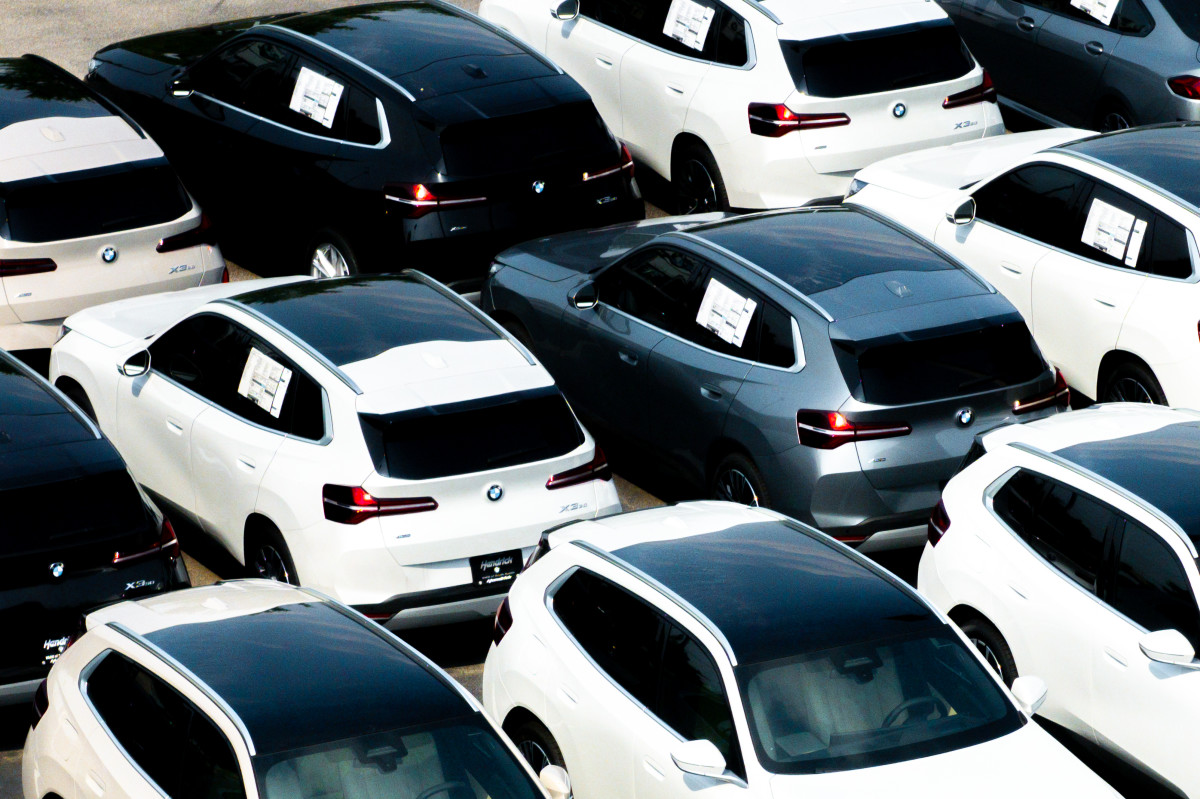BMW’s CEO wants a deal
According to a new report by Reuters, BMW CEO Oliver Zipse said on Friday that he was optimistic that the United States and the European Union could come to what he described as a “manageable” agreement regarding tariffs on automobile imports between the two economic powerhouses.
His comments come as the European Union awaits a letter from the Trump administration that could clarify the workings of a trade deal and lay out the tariff levels that European automotive exports aimed for import to the U.S. could reach. This week, President Trump has been issuing letters regarding tariff rates addressed to world leaders, including those of trade partners like Japan, South Korea, and the Philippines.

BMW
The administration has been mixed on this topic. On July 10, Trump said the EU could receive such a letter by Friday, July 11; however, in an NBC News interview aired that evening, the President said he plans to impose blanket tariffs on most trade partners.
“We’re just going to say all of the remaining countries are going to pay, whether it’s 20% or 15%. We’ll work that out now,” Trump told NBC’s “Meet the Press” moderator Kristen Welker over the phone. “I’d like to do it today,” Trump said, adding, “I’m talking about the European Union, which is, as you know, many countries, including Canada. We’ll be putting them out over the next couple of hours.”

BMW
Despite this, Zipse remains hopeful
“I’m optimistic that there will be a manageable outcome, but we have to wait for the result,” Zipse said at a company event in Munich on July 11. The BMW CEO mentioned that a possible “netting mechanism” could be part of the deal, where exports from European firms from its factories located in the U.S. could be used to offset the tariffs on imported vehicles.
BMW can benefit fivefold from this deal since its largest production site is in Spartanburg, South Carolina. The idea is that the arrangement could be based on the value of its exports coming out of the U.S. market rather than the number of cars it exports.

BMW
In 2024, U.S. Department of Commerce data showed that BMW was the leading automotive exporter by value in the United States, as it exported nearly 225,000 X3, X4, X5, X6, X7, and XM vehicles from its Spartanburg plant, worth $10.1 billion. The automaker also claims that since 2014, it has exported more than 2.7 million vehicles, or 63% of its total production, with an export value of more than $104 billion.
“We have an important point because we are the largest car exporter in the US,” Zipse said. In 2024, BMW exported 225,000 cars from the United States, many of which were the ever-popular X-series “sports activity vehicle” models, such as the X3 and X5.

Photo by Brandon Bell/Getty Images
BMW is still managing to sell cars
The news comes as BMW has released some fairly modest sales numbers. Recently, BMW of North America reported that during the first half of 2025, total year-over-year BMW brand sales rose 1.6%, as it sold 178,499 units compared to 175,712 vehicles during the same period in 2024. However, second quarter sales numbers were fairly flat, as the 90,884 vehicles it sold represented a slight 0.4% YoY dip from the 91,237 units it moved the same quarter in 2024.
In light of this, BMW of North America President and CEO Sebastian Mackensen made note of BMW’s resilience while market headwinds like tariffs fall into the picture.
“Our sales performance over the first half of the year is a clear indication that we have the right strategy, products, and dealer network to succeed,” Mackensen said. “We’re confident in our business and look forward to building on this progress in the second half of the year, despite some challenges in the marketplace.”
Final thoughts
BMW isn’t the only car company that wants to receive relief from import tariffs based on its exports. A big part of Ford’s business involves sending some of its cars made in the U.S. to other countries. In May, Farley noted that it is “essential” for the federal government to enact policies encouraging manufacturers to build cars for export, adding that the country exports nearly as many vehicles as it imports.
“So many of the vehicles we build here are exported around the globe,” Farley said back in May. “Shouldn’t we get credit for that?”